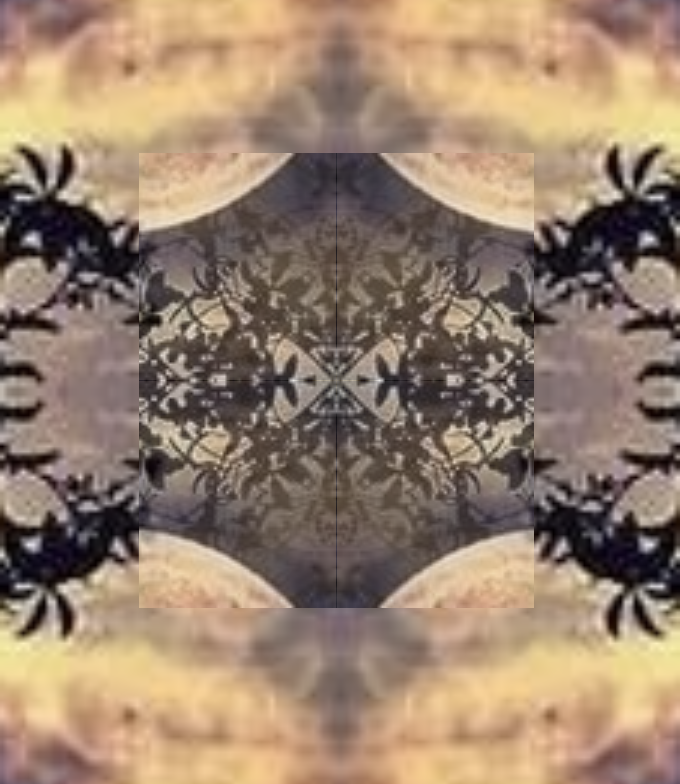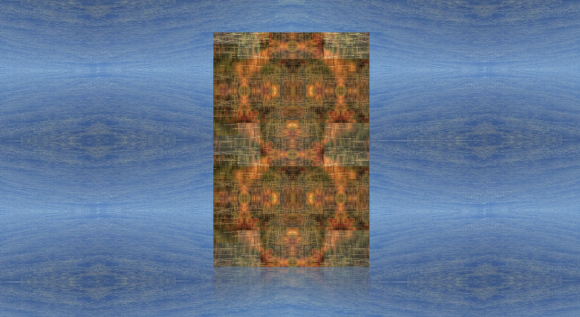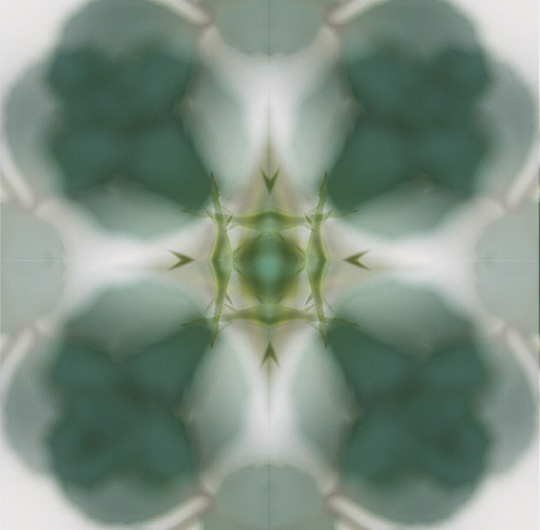There is in human experience a perennial contrast between the external world — what goes on “out there”, events we live through, people we encounter — and the inner world, the interior: emotions we find ourselves feeling, thoughts we hear ourselves thinking, phantasies that come unbidden, compulsive behaviours that grip and possess us. With both worlds, we interact; and to some small extent we can influence and control them. But mostly, they’re wide-open ranges of the unknown: abundant, overpowering, and utterly “other” than ourselves.

1. A common way to symbolize this contrast between the external and internal worlds is through the imagery of windows and mirrors. Here’s an instance:
These two windows connect me to the outside world, to the world of the rabble. However, in my room, on the wall, there is a mirror with which I look at my face, and in my confined existence this mirror is more important than the world of the rabble, which has nothing to do with me.
Sadegh Hedayat, The Blind Owl, 31.
And once we make out the contrast, with that awareness comes another insight, too. Although it puts the contrast only obliquely by way of imagery, the quote above takes an unambigous stance with the insight: it’s the interior world which is important; the external world has no relevance.
2. Jung says the same, in the Prologue to his autobiography:
Recollection of the outward events of my life has largely faded or disappeared. But my encounters with the “other” reality, my bouts with the unconscious, are indelibly engraved upon my memory. In that realm there has always been wealth in abundance, and everything else has lost importance by comparison. […] when no answer comes from within to the problems and complexities of life, they ultimately mean very little. Outward circumstances are no substitute for inner experience. Therefore my life has been singularly poor in outward happenings. I cannot tell much about them, for it would strike me as hollow and insubstantial. I can understand myself only in the light of inner happenings.
C.G. Jung, Memories, Dreams, Reflections, 16.
The difference in valuation here is striking: the external world is just a transitory and accidental sideshow to what is really important for the life on which he reflects. It’s in the inner world where everything of any importance happened.
But this inner world is not merely personal, either: it is the eternal world behind the transitory happenings of the personal psyche, a world that is collective, and merely breaks out into the subjective personal psychology (i.e., shows itself in dreams and visions). Thus neither the events that go on around us, nor our interior (thoughts, emotions, perceptions, …) have any relevance. The only thing that really has relevance are the eternal archetypal patterns that shape them both.
To stay with the imagery: there is nothing really important to be seen out the windows; but not everything you see in the mirror is important, either. Still, the bits that actually are important can only be seen in the mirror (and never out the windows).



